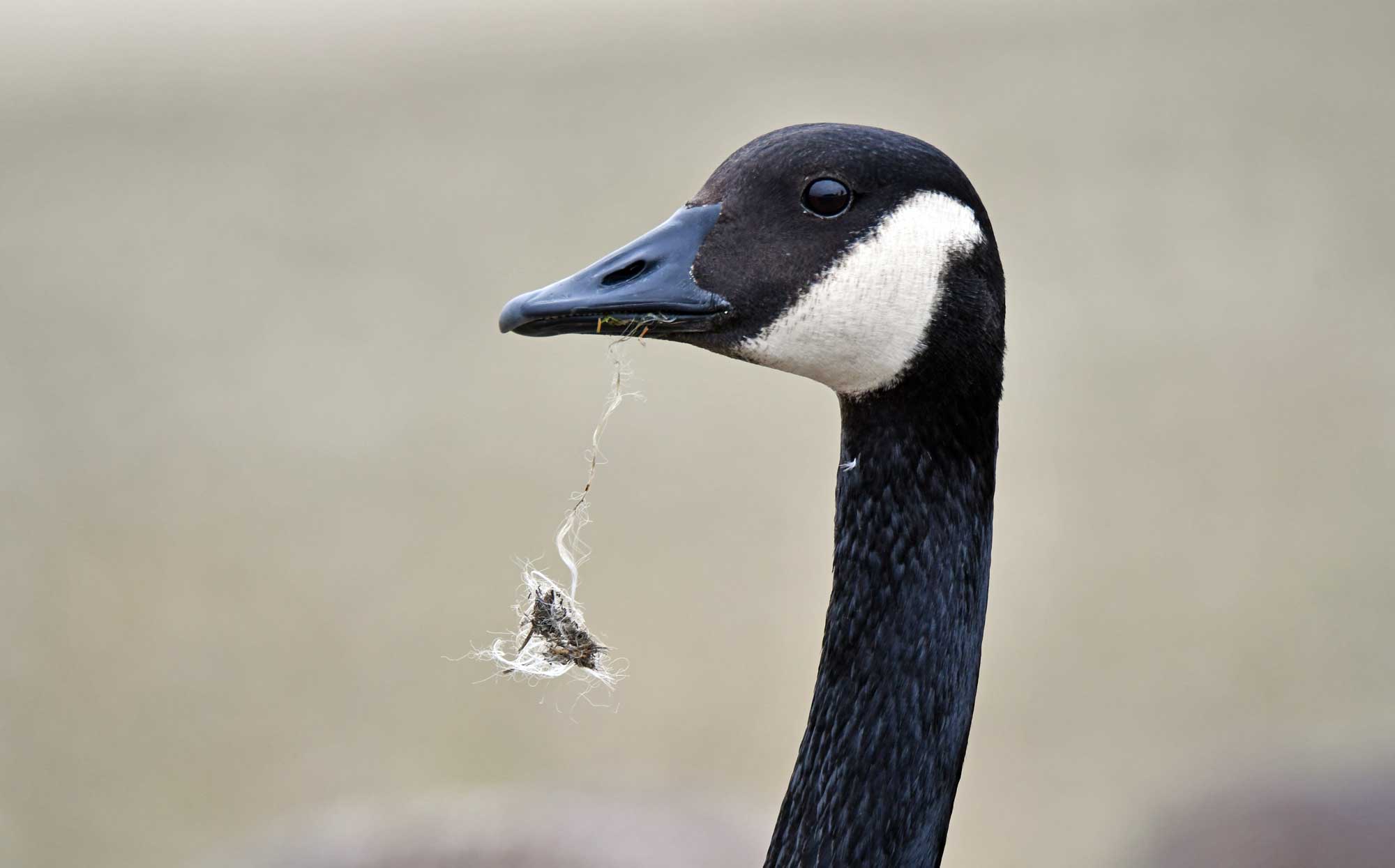Deadly toll: Discarded fishing line harming wildlife

We’ve asked, we’ve urged, we’ve educated and now we are pleading with anglers who visit Forest Preserve fishing spots to please dispose of their fishing line in a way that won’t harm wildlife.
Too many birds are becoming entangled in improperly discarded fishing line, especially at Whalon Lake in Naperville and Hidden Lakes Trout Farm in Bolingbrook. Recently, a volunteer with Chicago Bird Collision Monitors reported a worsening situation at those two lakes with numerous geese being injured and one possibly dying.
In an effort to publicize the issue in recent years, the Forest Preserve has written about and published photos of birds that have been killed by fishing line, including a heron, a pelican, a robin, an egret, a double-crested cormorant and geese. But the problem persists.
The District also has installed improved monofilament recycling tubes this year at all major fishing locations. The tubes are emptied by volunteers, and at the end of each year the line is sent to the Berkley Conservation Institute in Spirit Lake, Iowa, for recycling. Since 1990, the institute has recycled more than 9 million miles of fishing line. The material is melted down into small plastic pellets that are used to create new plastic products.
“Recycling fishing line is a hands-on way to engage in conservation and keep animals safe,” said Em Wilcher, the Forest Preserve’s recreation coordinator. “We have 40 fishing line recycling containers across numerous preserves, including popular fishing destinations such as Monee Reservoir, Whalon Lake and Hidden Lakes.”
However, providing receptacles is only part of the solution – the real impact comes when anglers hold themselves accountable for using them. No one wants to fish at a site littered with fishing line and trash, and when you think about the pain and suffering caused to wildlife, then there shouldn't be a question about people wanting to do the right thing.
The Forest Preserve also has Fishing for Trash cleanup programs throughout the season at Monee Reservoir and Hidden Lakes.
Anglers should cut their fishing line into 4- to 6-inch-long pieces and place them securely in a recycling container or a closed waste container. If no recycling tubes are nearby, Wilcher recommends double-bagging it before disposal in a sealed container.
Fishing line should not be placed in curbside recycling bins, as it requires a special recycling process.
Taking a few extra seconds to recycle fishing line can save lives, Wilcher said.
“We want to get to a point where no animals are harmed or killed,” she said. “The public can help us get there by fishing responsibly and disposing of line in our recycling containers. Taking the extra step to deliver the monofilament to the tubes posted around the preserves also keeps it out of landfills where it can still be a risk to wildlife.”
